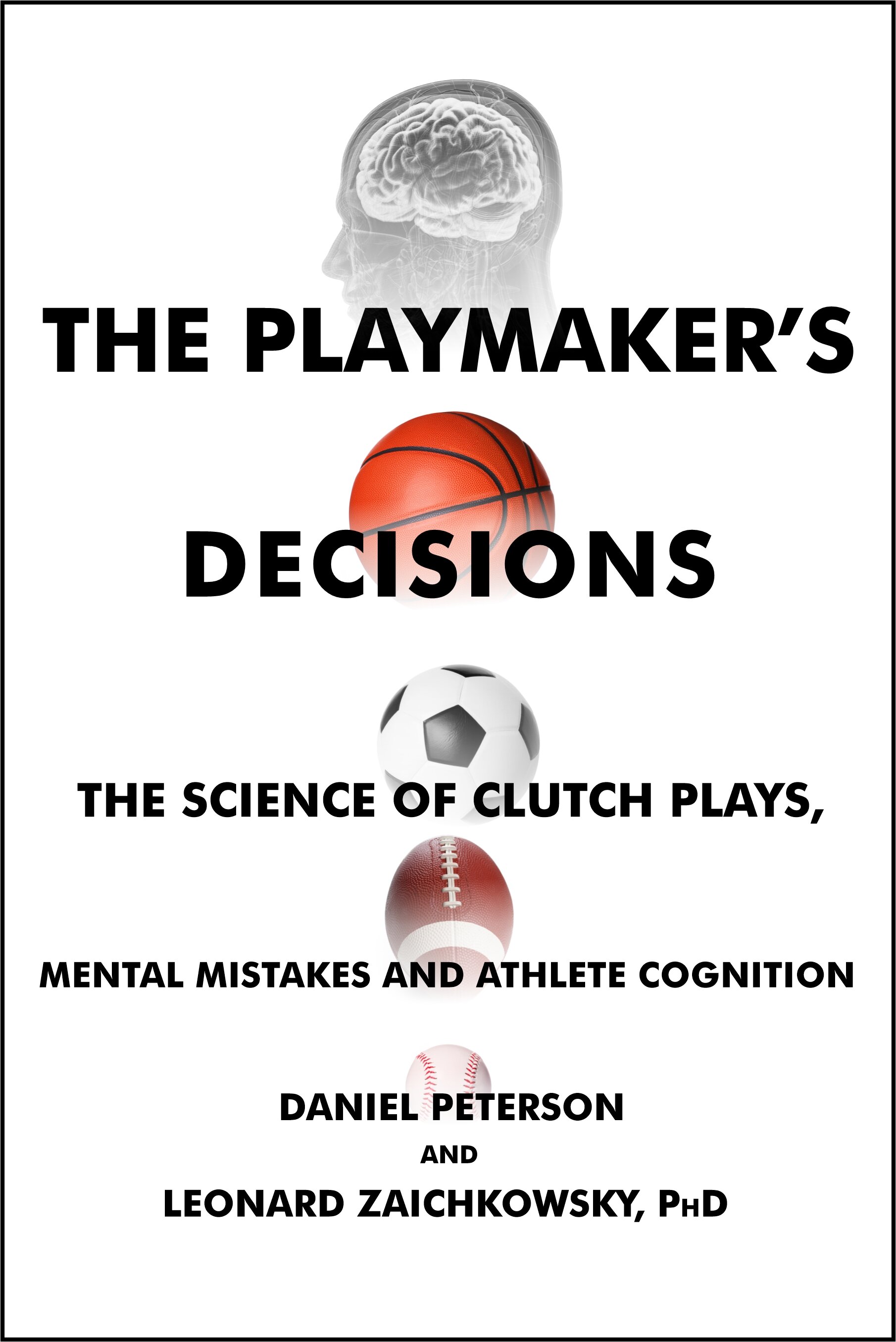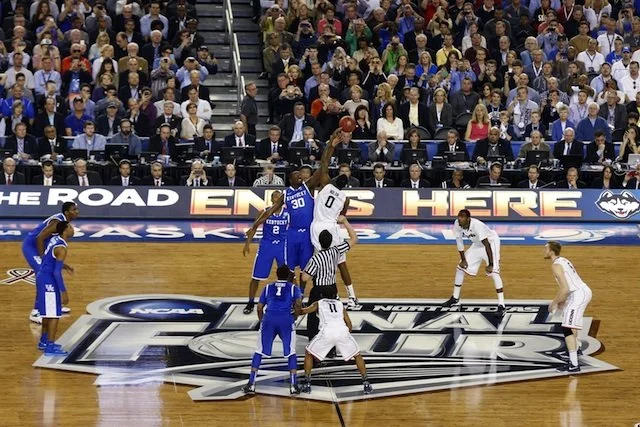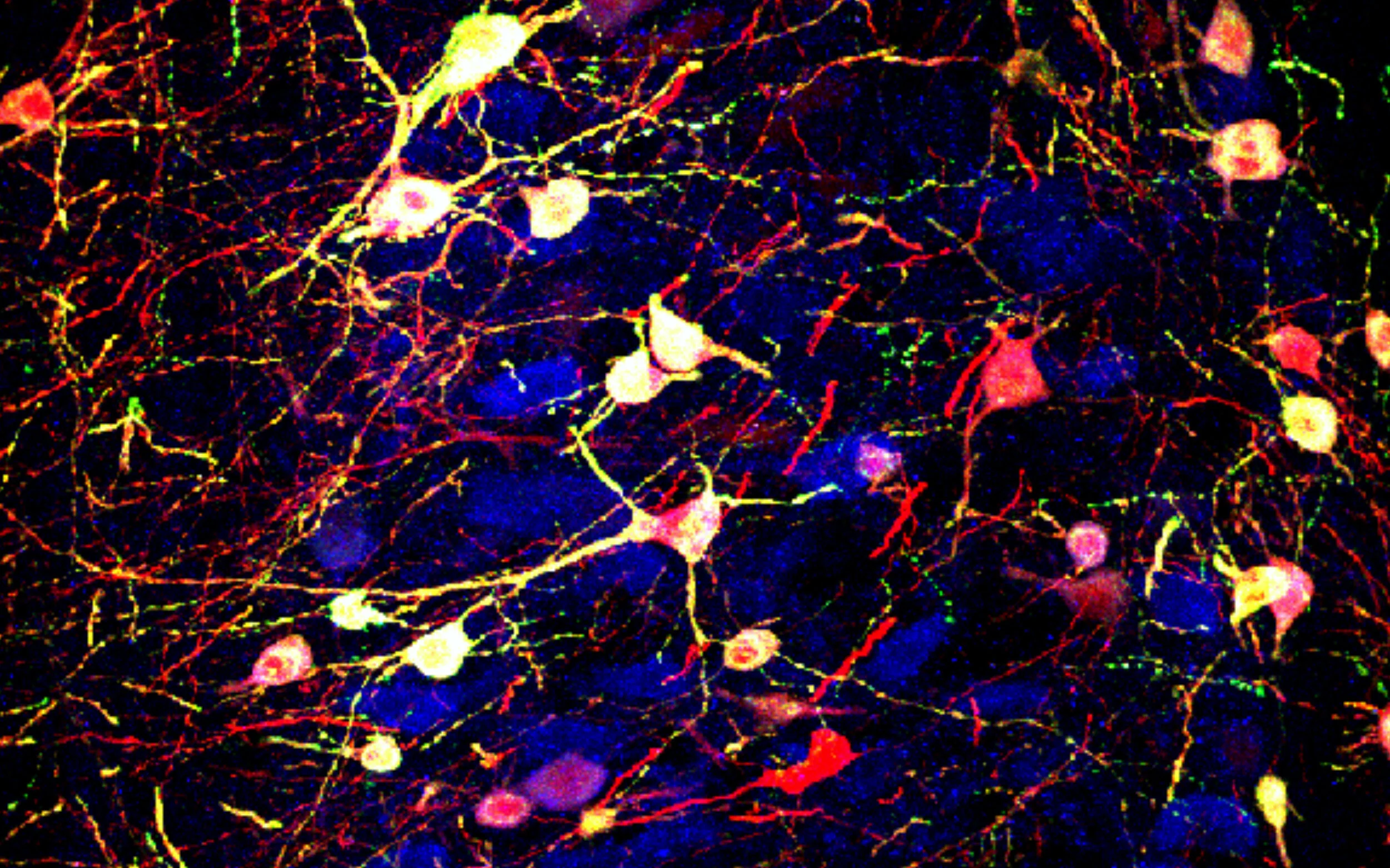Are You Allergic To Spring Marathons?
/
As almost 40,000 runners get set to take part in next month's London Marathon, a new study has found that one in three will suffer from allergies after the event. Post-marathon sniffles are a common complaint among runners, but they are often put down to infections taking advantage of a depleted immune system caused by the effort involved.
Now, however, researchers at Northumbria University have shown how far symptoms such as itchy eyes, a runny nose and congestion can be attributed to allergic reactions.
A team led by Dr Paula Robson-Ansley recruited 150 runners doing last year's London Marathon and asked them to complete a health questionnaire, take a blood test, and report on the symptoms they experienced up to three days after the event.
Eye and nose problems were reported by 61% of the runners sampled and subsequent blood tests to determine whether immunoglobulin E antibodies were present -- the telltale sign of an allergic reaction -- revealed that 35% of the runners were experiencing an allergy.
The study also found that 14% were specifically allergic to tree pollen. Tree pollen is particularly high in London in April as this is when pollen from high birch and London plane trees is released and tree-pollen counts had been high on the day of the 2010 marathon itself.
Dr Robson-Ansley comments: "These post-event sniffles might seem minor, but there are clear risks that people could go on to develop exercise-induced asthma and airway inflammation. Our survey also revealed that only 8% were taking anti-allergy medication so there is a clear gap between the number of people who could benefit from treatment and the number actually doing so."
 In a further result that has implications for next year's Olympic Games, Dr Robson-Ansley found that 29% of the runners were showing an immunoglobulin E reaction to grass pollen.
In a further result that has implications for next year's Olympic Games, Dr Robson-Ansley found that 29% of the runners were showing an immunoglobulin E reaction to grass pollen.
"The Olympics are taking place during the peak grass-pollen period," she says, "so, if almost three out of ten people are potentially allergic to this common aeroallergen, it is a priority to have Olympic athletes tested before the games so an appropriate treatment regime can be put in place."
Dr Robson-Ansley's advice on athletes and asthma is as follows:
Source: Northumbria University
See also: Cherry Juice At The Marathon Finish Line and Bad Air Affects Women More Than Men In Marathons
Now, however, researchers at Northumbria University have shown how far symptoms such as itchy eyes, a runny nose and congestion can be attributed to allergic reactions.
A team led by Dr Paula Robson-Ansley recruited 150 runners doing last year's London Marathon and asked them to complete a health questionnaire, take a blood test, and report on the symptoms they experienced up to three days after the event.
Eye and nose problems were reported by 61% of the runners sampled and subsequent blood tests to determine whether immunoglobulin E antibodies were present -- the telltale sign of an allergic reaction -- revealed that 35% of the runners were experiencing an allergy.
The study also found that 14% were specifically allergic to tree pollen. Tree pollen is particularly high in London in April as this is when pollen from high birch and London plane trees is released and tree-pollen counts had been high on the day of the 2010 marathon itself.
Dr Robson-Ansley comments: "These post-event sniffles might seem minor, but there are clear risks that people could go on to develop exercise-induced asthma and airway inflammation. Our survey also revealed that only 8% were taking anti-allergy medication so there is a clear gap between the number of people who could benefit from treatment and the number actually doing so."
 In a further result that has implications for next year's Olympic Games, Dr Robson-Ansley found that 29% of the runners were showing an immunoglobulin E reaction to grass pollen.
In a further result that has implications for next year's Olympic Games, Dr Robson-Ansley found that 29% of the runners were showing an immunoglobulin E reaction to grass pollen."The Olympics are taking place during the peak grass-pollen period," she says, "so, if almost three out of ten people are potentially allergic to this common aeroallergen, it is a priority to have Olympic athletes tested before the games so an appropriate treatment regime can be put in place."
Dr Robson-Ansley's advice on athletes and asthma is as follows:
- If you think you have allergies, you need to find out as much as you can and develop a management plan.
- Ask yourself the following:
- What time of year are you affected?
- What causes your allergies (blood and skin-prick tests may be necessary)?
- What are your normal symptoms?
- Consider using a corticosteroid nasal spray or a non-sedating antihistamine as a preventative measure. But be aware that it can take up to two weeks for the treatment to work fully (and avoid taking non-sedating antihistamines around competitions).
- Know your training and competition environment. Find out about typical pollen counts for the location and time of year. Tree pollen for example is usually released in the spring, grass pollen in late spring and early summer, and weed pollens in late summer into autumn.
- Try to minimise exposure to pollens by running when the pollen count is low (cooler and cloudy days are associated with lower pollen counts compared to warmer, drier days). Shower and wash your hair after outside exercise to get rid of residual pollen. Change your clothing and rinse your nose with salt-water washes after exercise.
- Remember that asthmatic athletes take medication regularly and according to instruction. Talk to your GP about whether you might need additional medication or to change your medication if you are training or competing in high pollen or in polluted environments.
Source: Northumbria University
See also: Cherry Juice At The Marathon Finish Line and Bad Air Affects Women More Than Men In Marathons
















